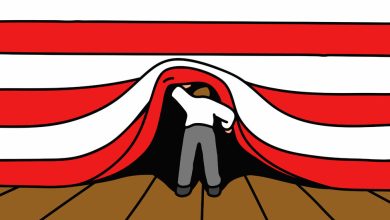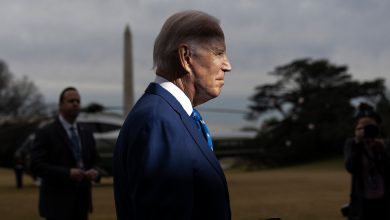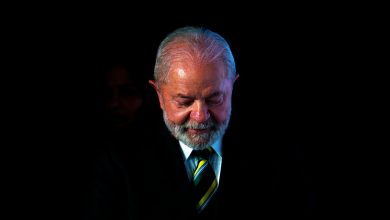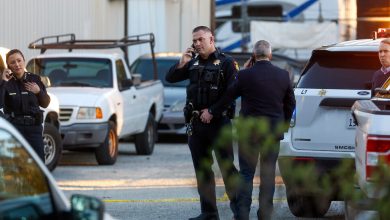Putin Can’t Kill the Vision of the Future Navalny Gave Us
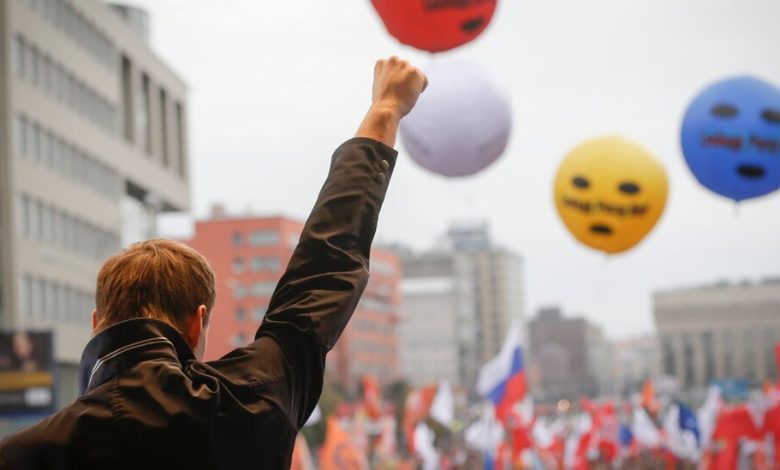
It’s 2007, a warm, sunny spring day in Moscow. It’s my first rally, and I’m nervous. I’m 16, silly and shy, falling in love with courageous and loud people around me. I hear my quiet voice join others screaming, “Russia without Putin.” We lock our arms and together push the police out of the street. Russia could be free: It’s a new feeling for me. This is where I see Aleksei Navalny for the first time.
For the next 17 years, I watched my friend Aleksei rise from a Moscow blogger to a global moral and political figure, giving hope and inspiration to people around the world. He helped me and millions of Russians realize that our country doesn’t have to belong to K.G.B. agents and the Kremlin’s henchmen. He gave us something else, too: a vision he called the “beautiful Russia of the future.” This vision is immortal, unlike us humans. President Vladimir Putin may have silenced Aleksei, who died last week. But no matter how hard he tries, Mr. Putin won’t be able to kill Aleksei’s beautiful dream.
In the autumn of 2011, Mr. Putin announced he was going to become president once again, making it clear that he planned to rule Russia for the rest of his life. My feminist friends and I went to an opposition conference in Moscow to figure out our next steps. Young, riotous and radical, we walked like zombies through all the usual boring panels with sad speakers, poetry readings and sleep-inducing talks on human rights and democracy. It wasn’t inspiring because it was neither practical nor attractive. Yes, we all believed that Russia had to be free. But how do we get there?
And then Aleksei spoke about his anticorruption investigations. I can divide my life into before and after that speech. “We take a stick and poke at the bad guys with this stick, and you can do it with me,” he said. For all of us in that packed room, Aleksei made it feel not only that a free Russia was possible but also that we could get there with joy, laughter and camaraderie. No matter how long the path, you have to break it down into steps and take them one at a time.
That day, Pussy Riot was born. I realized that we needed to create our own set of tools to bring about change: direct, attention-grabbing actions that would be easily replicable, giving birth to a movement. Aleksei gave me the push I needed to create the first Pussy Riot music video, which was based on dozens of dangerous guerrilla performances in Moscow. I was too proud to ever admit it to Aleksei in person, but the idea to make the video came from his speech that day.
We made it our goal to become as effective and loud as Aleksei but with a feminist and queer lens. Months later, when my Pussy Riot colleagues and I were on trial for supposedly inciting religious hatred, there — standing in the courtroom among our family members and activists — was Aleksei.
